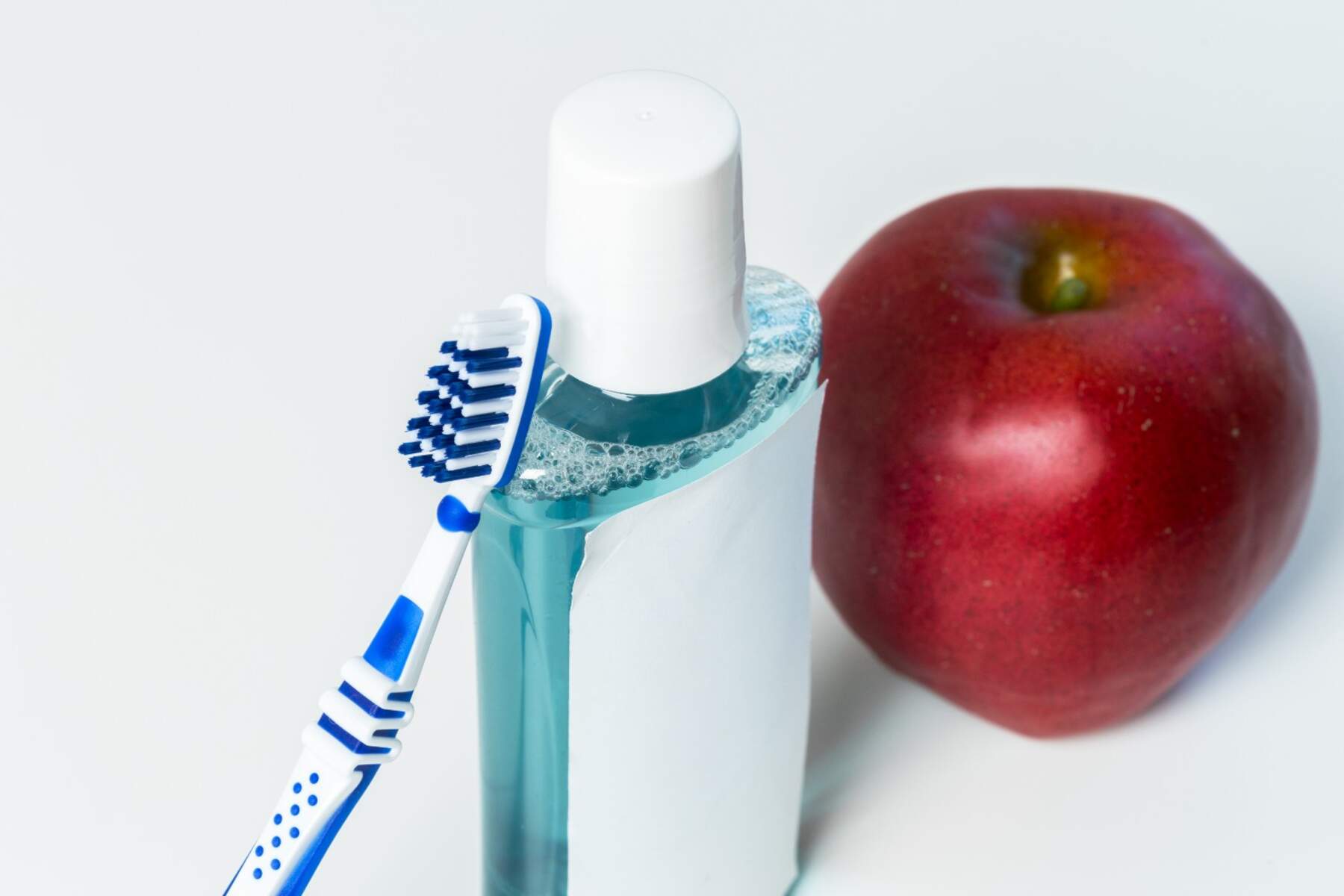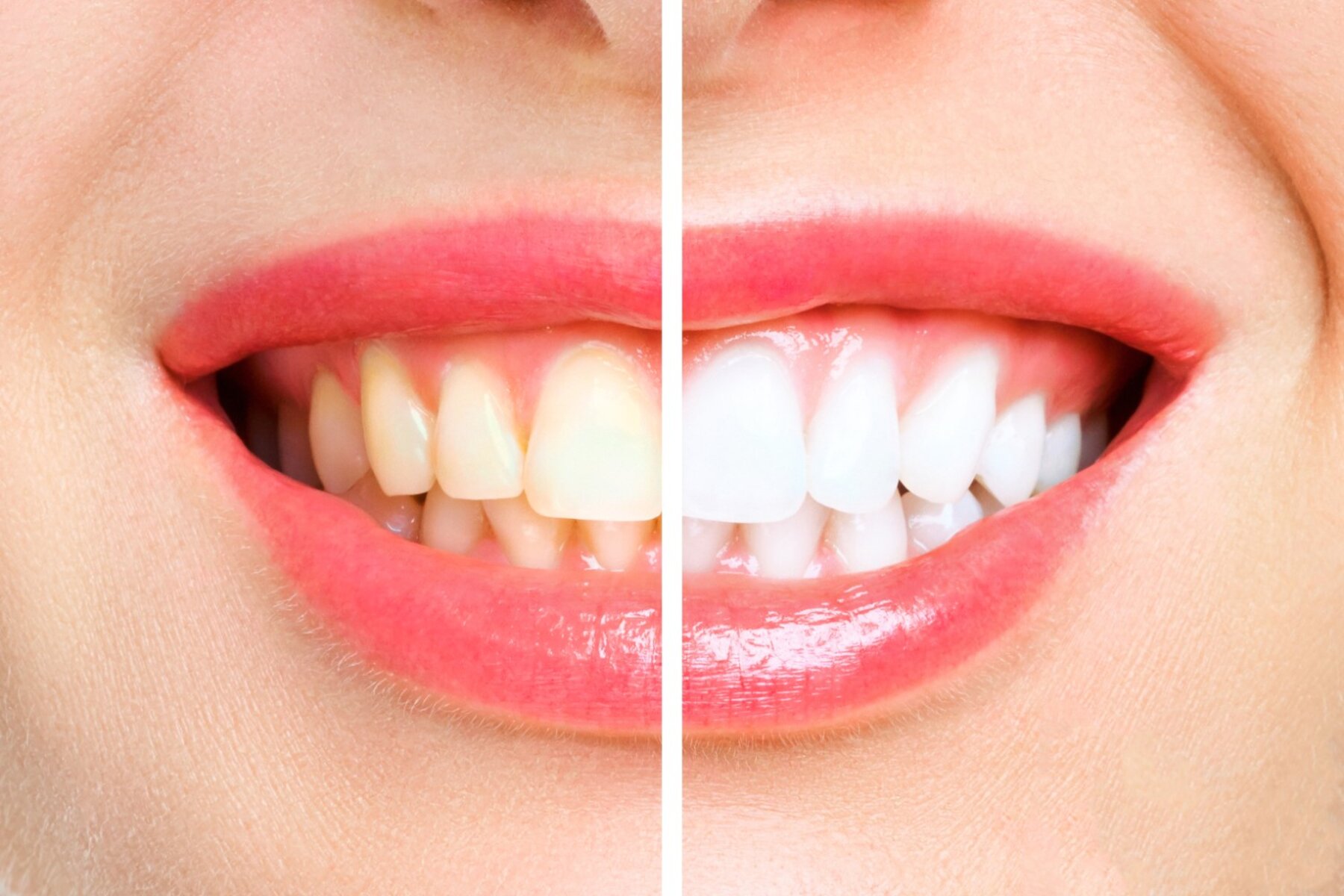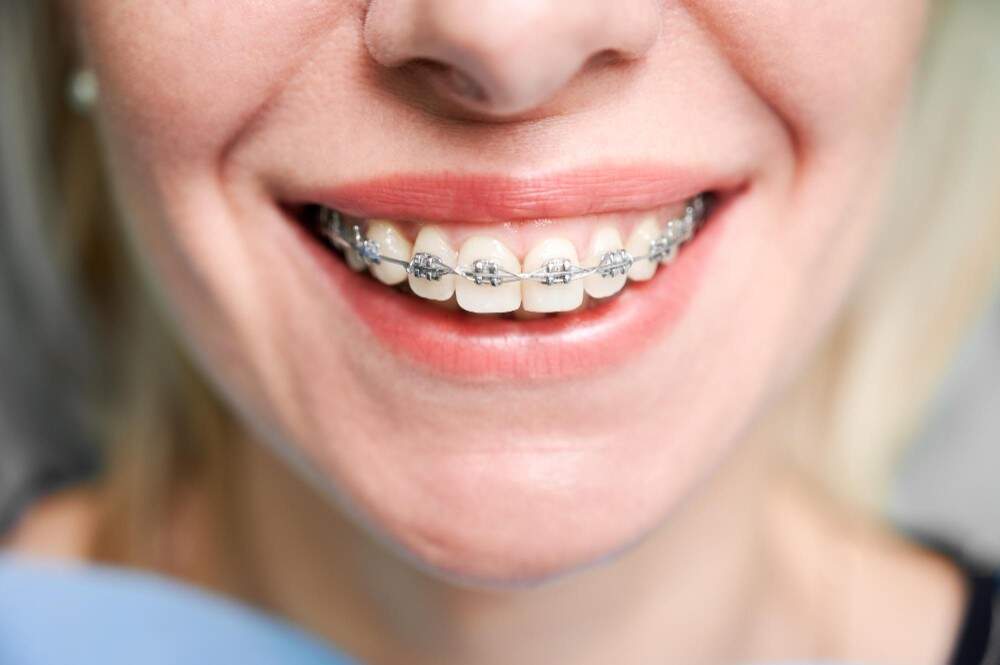Sensitive teeth affect a large number of people with the rate increasing with age. Under normal circumstances, consuming cold, hot, sour or sweet foods should not cause discomfort to healthy teeth. However, what happens when your teeth become sensitive? Keep reading and learn more about the conditions of tooth damage and tooth pain.
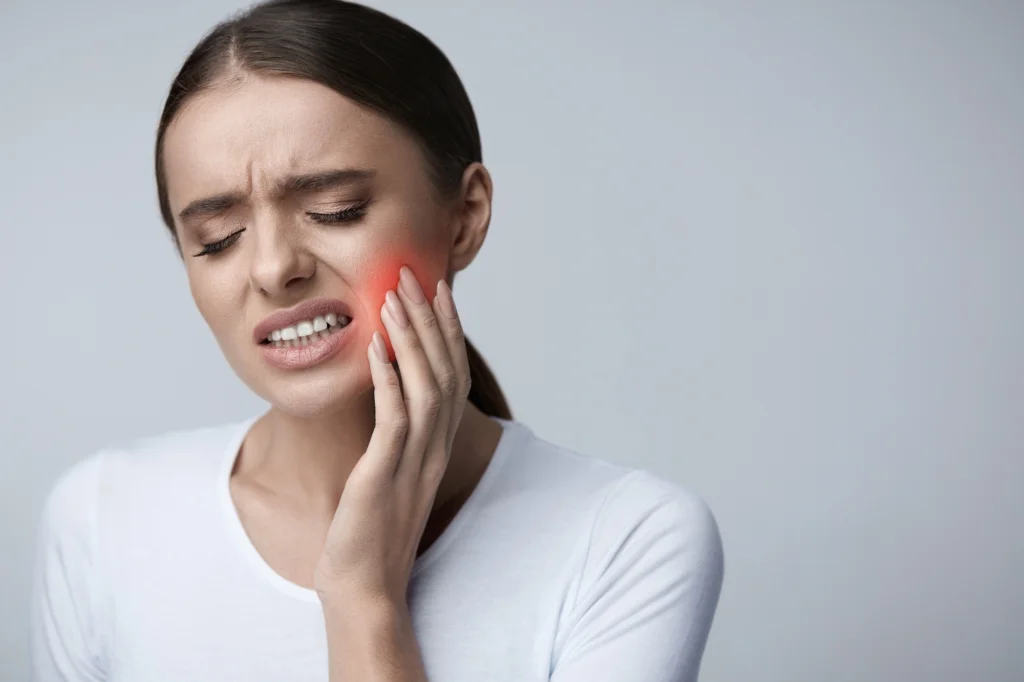
Which are the Conditions that can Cause Damage and Pain to the Teeth?
- Jaw Tightening in Moments of Anger
Do you tighten your jaw in moments of anger, tension or intense concentration? Then, your teeth are affected by this pressure and over time you may start to ache or start to shake.

- Teeth Clenching and Grinding During Sleep
Sometimes even when you do not feel stressed, you can clench and grind your teeth while you sleep. This usually happens when a person has a sleep disorder. Talk to your dentist, who will give you tips on how to avoid damages to your teeth while you sleep.
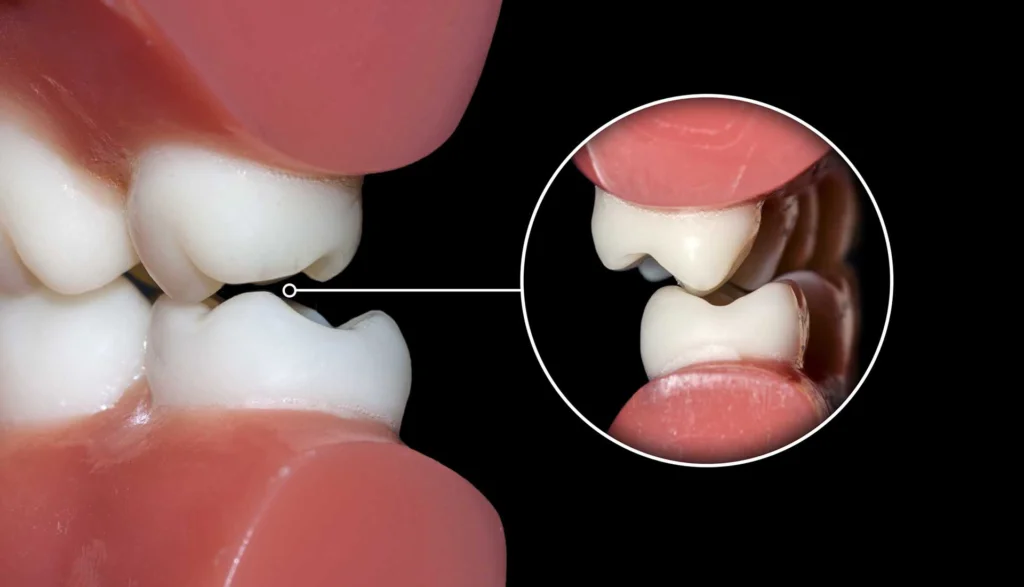
- Mouthwashes
Frequent brushing of the teeth during the day can deeply clean your teeth, but at the same time it can also cause sensitivity. Some mouthwashes damage your teeth and in particular the middle layer of the teeth. Talk to your dentist in order to have more clear instructions.

- Hard training
Studies in triathlons show that hard training can damage tooth enamel. The more intense the training program, the more likely it is that the enamel of your tooth will be damaged. Scientists are not sure which is the reason that this happens, but they believe it has to do with the way exercise changes the amount of saliva in the mouth.

- Infection of the Nasal Passages
Pain in the upper teeth can be a sign of an infection in the nostrils. This condition is very common, as the teeth are the “closest neighbors” of the nasal passages.
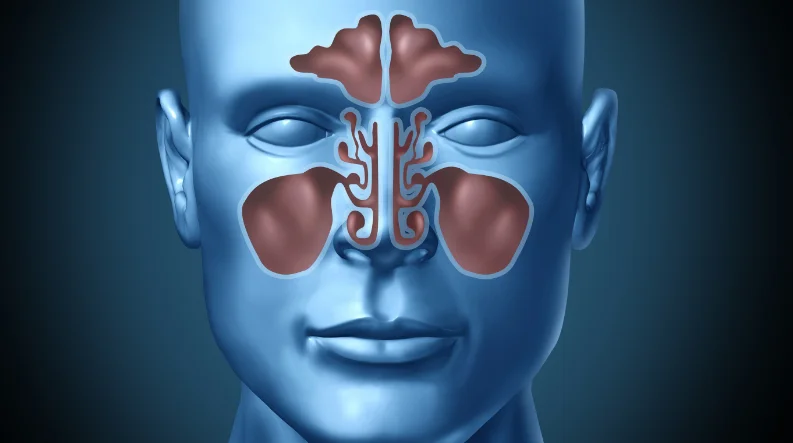
- Pregnancy
Pregnancy can cause bleeding gums when you brush your teeth, as gingivitis is a very common condition in pregnant women. Moreover, cavities are also more likely to appear during pregnancy, so it would be better for you to schedule some extra checkups with your dentist.
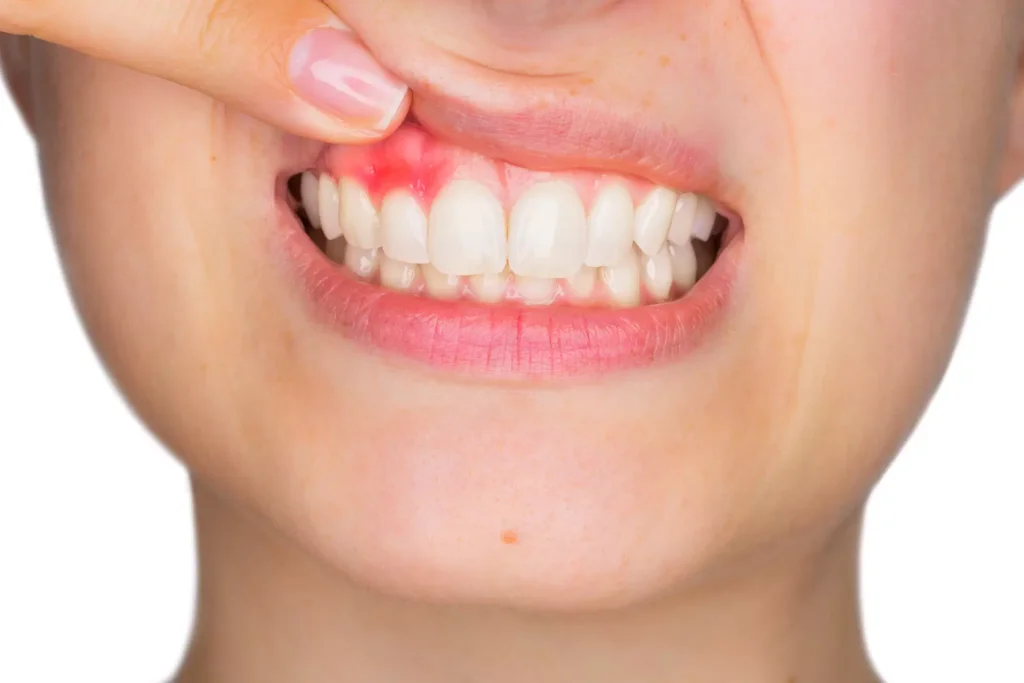
- Temporomandibular Syndrome (TMJ)
The temporomandibular joint (TMJ) connects the lower jaw to the skull. At the moment that any part of the temporomandibular joint does not work due to injury, arthritis or any other reason, it causes pain when chewing and in the jaw.
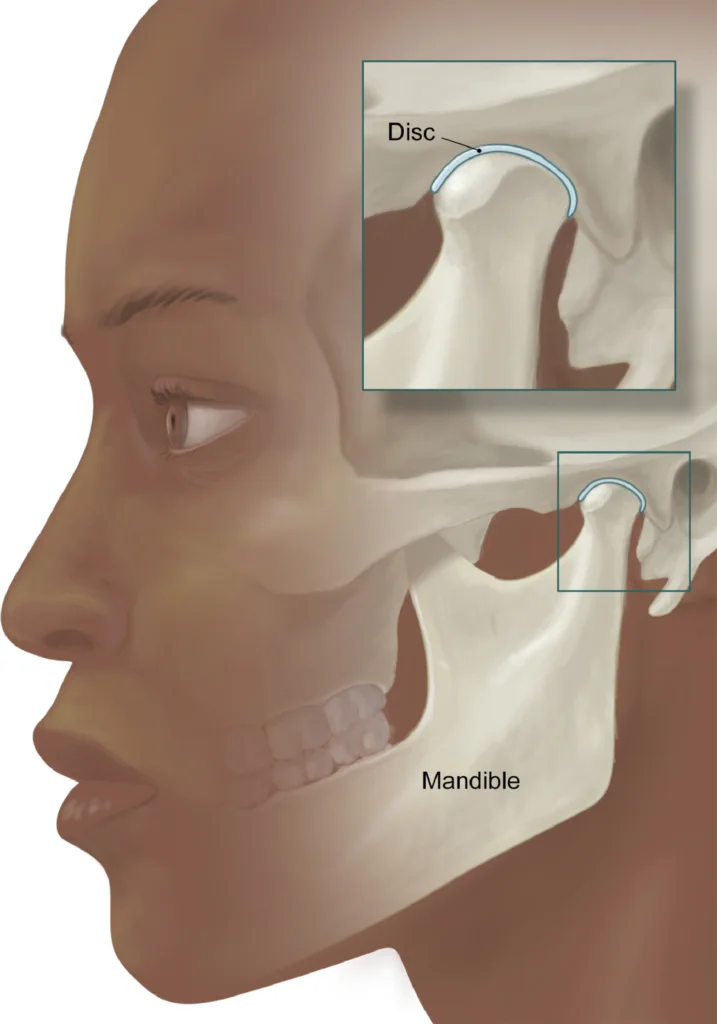
- Nerve damage
A condition which is called trigeminal neuralgia can be responsible for the pain you feel in your teeth. This nerve damage, although it is not very common, causes chronic pain in the facial nerves, which appear when you brush your teeth, when you eat or when you drink.
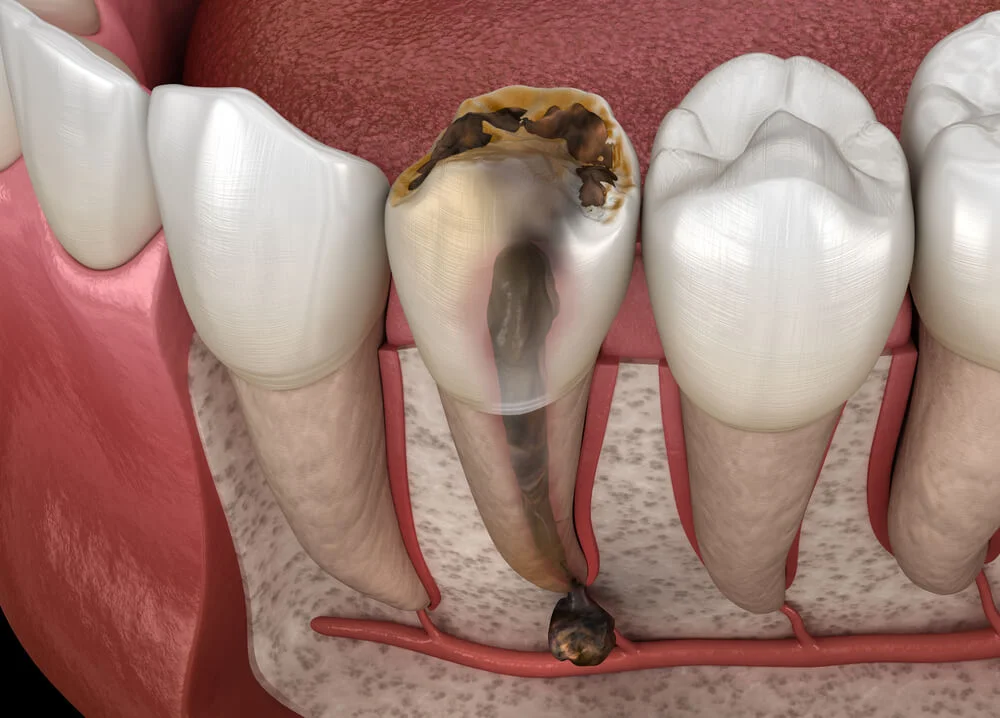
- Heart problems
Pain in the upper part of the body can be a symptom of a heart attack. You may feel pain in your shoulders, neck, jaw or teeth. Do not ignore it, specifically if you have other symptoms along with pain in your mouth, such as sweating, tachycardia, nausea, chest pain or shortness of breath.
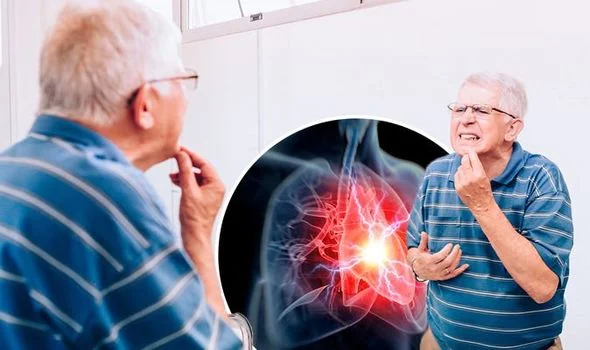
- Whitening
Whitening can be accountable for the pain in your teeth. This pain usually lasts for two to three days after the whitening procedure. Thus, you may also feel your gums irritated.
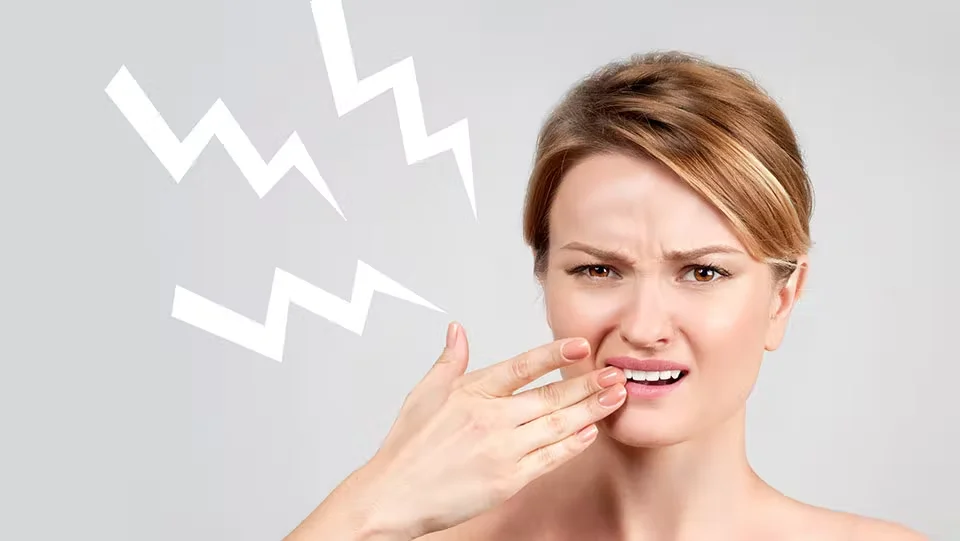
- The Gums Begin to Recede
When the gums recede, they pull back the protective layer over the nerves of the teeth and cause pain. This can be a sign of gingivitis, for this reason you must make sure that your dentist examines if the pain comes from the teeth that appear farthest from the others. Also be certain to tell your dentist if you have pus, sores in the mouth, bad breath or bleeding when brushing your teeth.
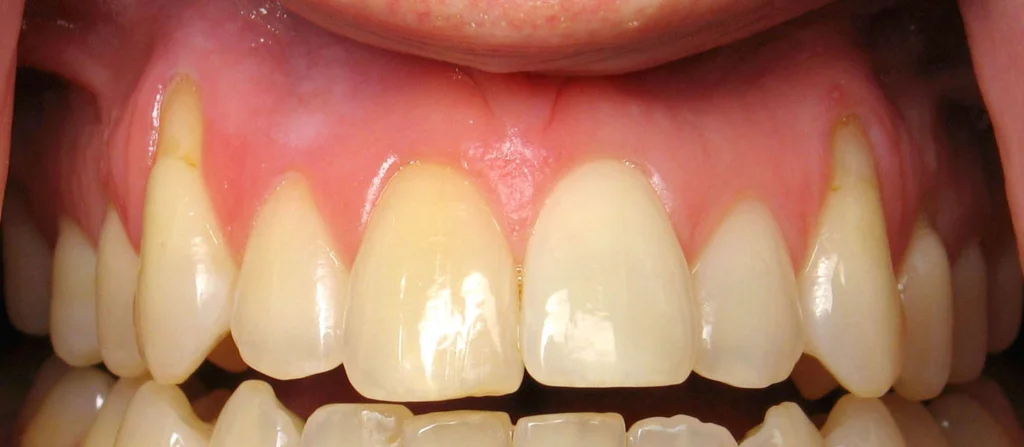
- Mouth Cancer / Oral Cancer
Oral cancer usually comes into sight with severe pain in the mouth or teeth.
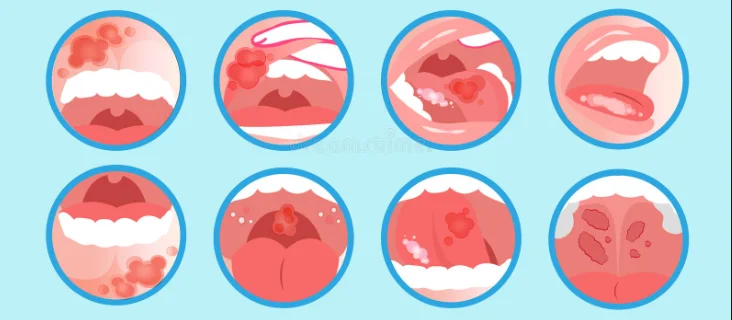
- Acidic foods
Foods high in acids damage the enamel of your tooth and leave the teeth less protected. The most common culprit foods are: candies, coffee, citrus fruits – such as lemons, oranges and grapefruits – or soda.

- Vomiting
The stomach contains gastric acid. When you vomit, stomach acid “sits” on the teeth causing damage, especially if vomiting is frequent. GERD (gastroesophageal reflux disease), pregnancy, chronic alcoholism and bulimia are conditions that often lead to dental problems.
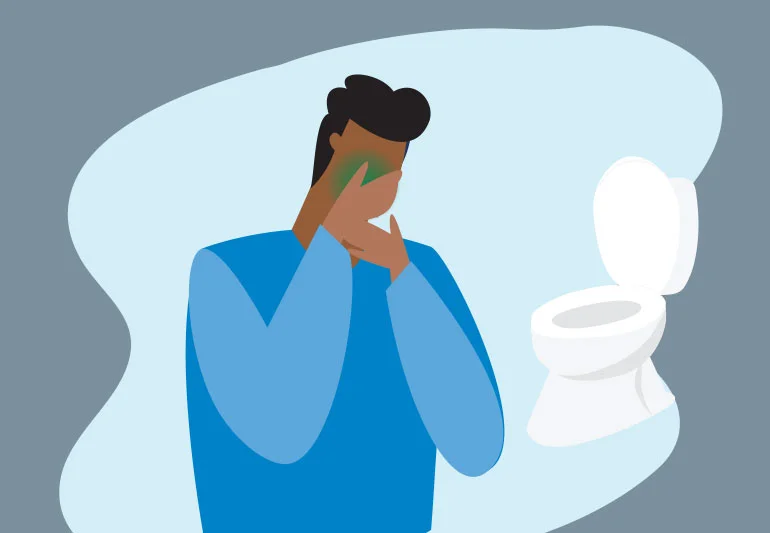
- You do not Drink Enough Water
Water contains large amounts of fluoride, which keeps teeth strong and healthy. If you do not drink enough water, your teeth may have problems.



